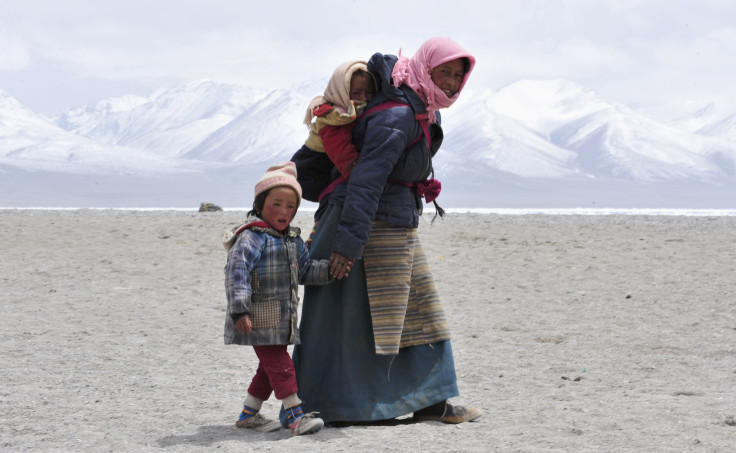Beer Ingredient Barley Enabled Early Humans To Survive The Harsh Tibetan Plateau

Early humans likely survived the tough conditions on the Tibetan Plateau by growing a crop used to make beer: barley. Research published this week in the journal Science found Tibetans relied on barley because it could resist the freezing temperatures found at the so-called "Roof of the World."
Before the study's release, there wasn't much information on how Tibetan Plateau settlers adapted to living in areas above 3,000 meters (9,843 feet). With an elevation of more than 4,000 meters (13,123 feet) above sea level, the area in northern China was a tough place to grow anything. Farming was limited, the Tech Times reported, and so was habitation.
But when the study's archeologists examined artifacts and plant and animal remains from 53 sites in northwestern China, they found about 3,600 years ago, people began growing barley. Their survival hinged on those types of crops, which include wheat and millet.
"As barley is frost hardy and cold tolerant, it grows very well on the Tibetan Plateau even today," researcher Donju Zhang told Reuters. "Therefore, barley agriculture could provide people enough -- and sustained -- food supplies even during wintertime."
The role barley played became essential, the Science Times reported, as did that of livestock. Almost at the same time early man established steady barley and wheat crops, they domesticated sheep. These two advances were integral to the expansion of their civilization.
The study's results give archeologists insight into food security, resistance to altitude sickness and plant behavior, Agence France-Presse reported. "This poses further, interesting questions for researchers about the adaptation of humans, livestock and crops to life at such dizzying heights," study co-author Martin Jones said in a news release. "The more we learn about the rich ecology of past and present societies, and the wider range of crops they raised in the world's more challenging environments, the more options we will have for thinking through food security issues in the future."
© Copyright IBTimes 2024. All rights reserved.












